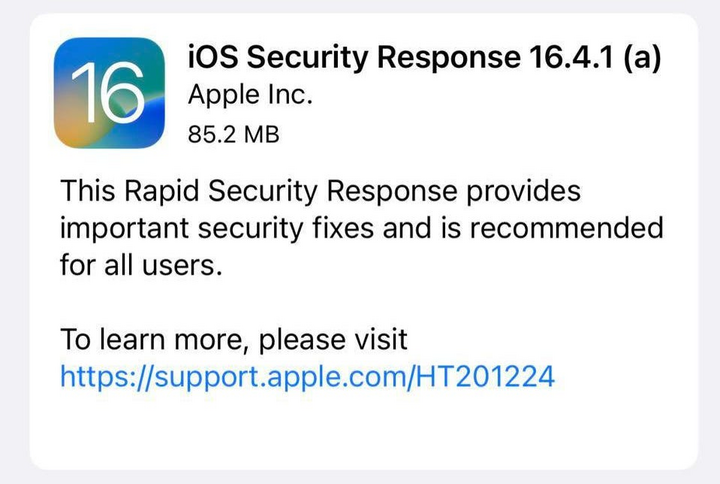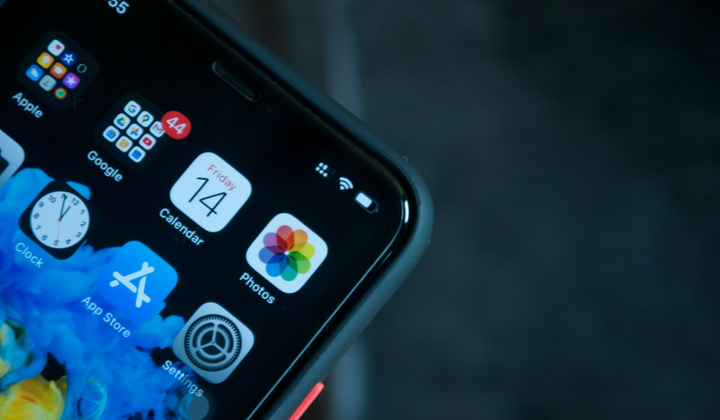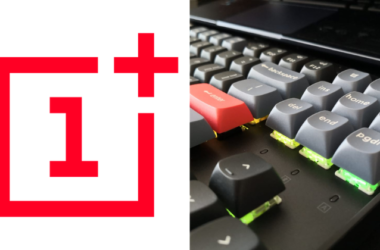During the Worldwide Developers Conference (WWDC) last year, Apple introduced something called “Rapid Security Response” (RSR), which is a new type of software release for iPhone, iPad, and Mac.
According to Apple, they provide significant security enhancements outside of software updates, including upgrades to the Safari browser, the WebKit framework stack, and other crucial system libraries. Additionally, they can leverage these upgrades to promptly address certain security concerns, including those that have been identified as existing or exploited “in the wild.”
Yesterday, Ars Technica reports that Apple finally deployed the first RSR update to iOS and iPadOS devices running version 16.4.1 or Macs running version 13.3.1. When the update is installed, an (a) is added to your OS version to indicate the update has been applied.

Apple didn’t say what they were trying to fix with this update and there’s no indication if they will share the information. It’s possible that the updates provided to beta users were only meant for testing the update mechanism and did not involve any substantial security fixes.
Apple said by default, your device allows RSR to be applied automatically and, if necessary, will prompt you to restart your device. To check your device settings:
- iPhone or iPad: Go to Settings > General > Software Update > Automatic Updates, then make sure that “Security Responses & System Files” is turned on.
- Mac: Choose Apple menu > System Settings. Click General in the sidebar, then click Software Update on the right. Click the Show Details button next to Automatic Updates, then make sure that “Install Security Responses and system files” is turned on.










